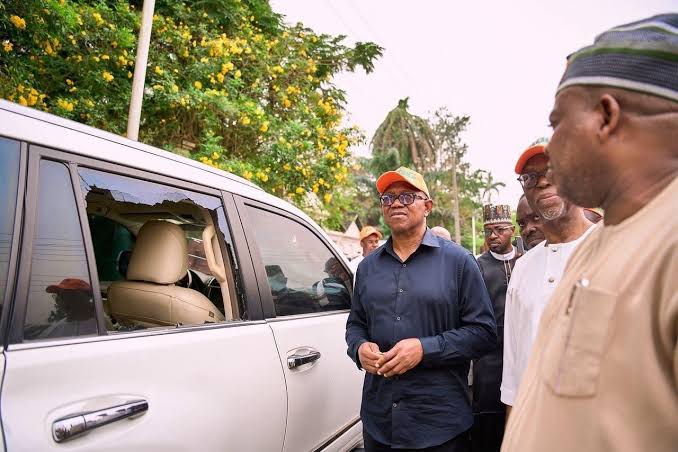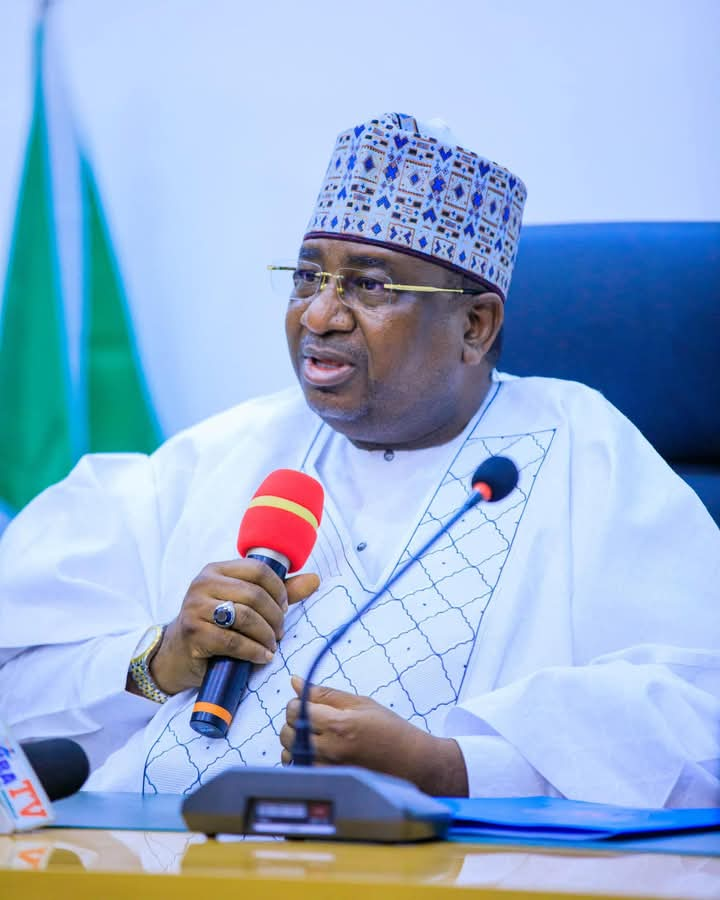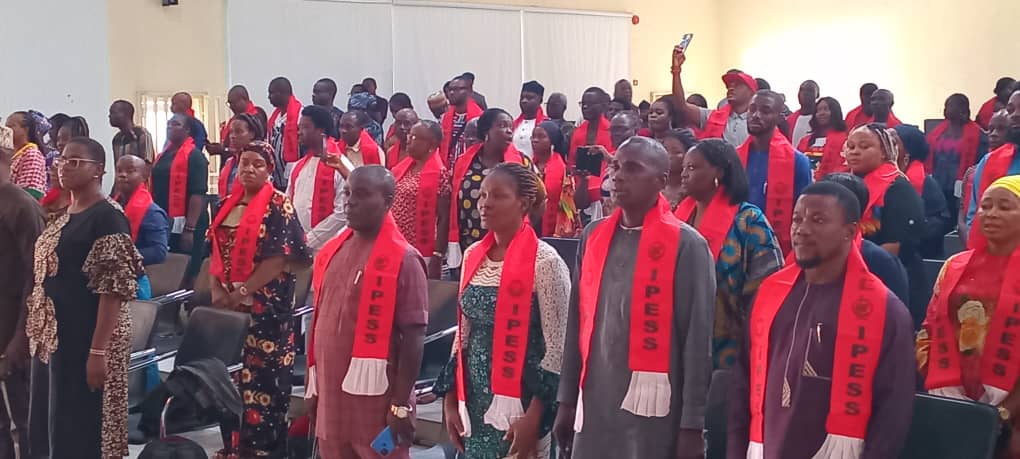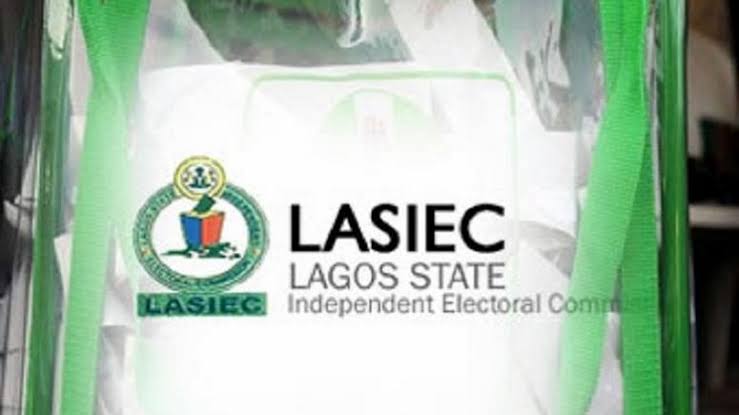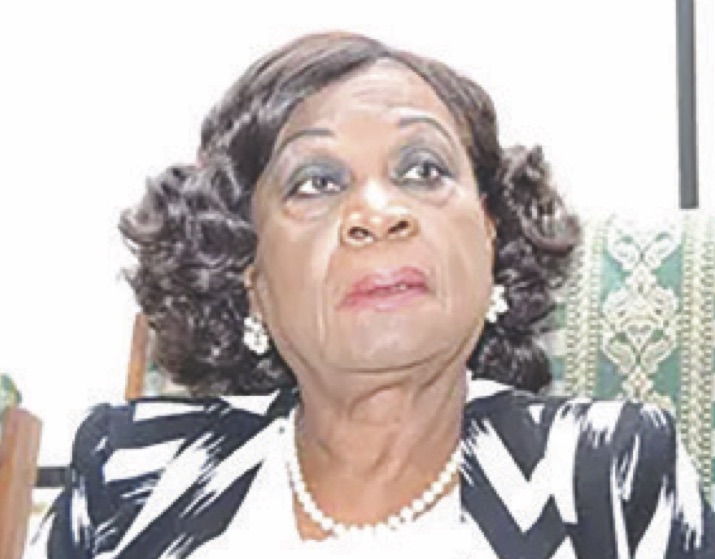By: Goodluck E. Adubazi, Abuja.
A new chapter in Nigeria’s social development sector was marked on Friday, July 11, 2025, as the World Bank concluded a 5-day capacity-building workshop for staff of three key Federal Ministries—Women Affairs, Housing and Urban Development, and Labour and Employment—under its Environmental and Social Framework (ESF).
The workshop, held at the National Open University of Nigeria (NOUN), Jabi, Abuja, aimed to strengthen Nigeria’s social development workforce under the Sustainable Procurement, Environmental and Social Standards Enhancement (SPESSE) Project.
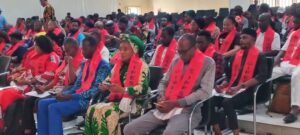
Representing the Honourable Minister of Women Affairs, Imaan Suleiman Ibrahim, at the closing ceremony, Dr. Benjamin Okwesa, National Coordinator of SPESSE, commended participants for their commitment and urged them to maintain their momentum throughout their professional careers.
“What you have begun is just the foundation. There are four certification levels under SPESSE—foundation, intermediate, associate, and specialist—mirroring professional paths in law or accounting. Our goal is to professionalize the social development sector,” Dr. Okwesa said.
He emphasized that the inclusion of the three ministries was intentional, given their roles in addressing the social dimensions of Nigeria’s development challenges.
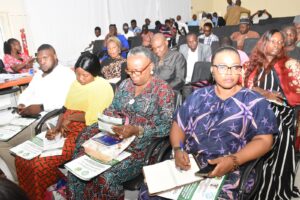
“The World Bank recognizes the gaps in our social sectors and is investing in frameworks that not only build capacity but institutionalize social practices,” he added.
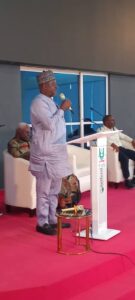
The Vice-Chancellor of Joseph Sarwuan Tarka University, Makurdi, represented by the Director of the Institute of Procurement, Environmental and Social Standards (IPESS), Engr. Prof. Isaac Itodo, described the workshop as transformational.
“This isn’t just about passing exams. It’s about preparing professionals for a career rooted in advocacy, empathy, and societal progress,” he said.
He noted that participants now stand at the forefront of a movement to professionalize the social standards field in Nigeria, likening their journey to that of pioneering professionals in other sectors.
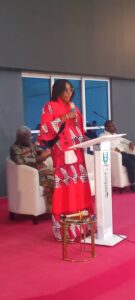
From Theory to Impact: Delivering the valedictory speech on behalf of the participants, Mrs. Abia Udeme Nsikak, Assistant Chief Community Development Officer at the Federal Ministry of Women Affairs, thanked the World Bank and the Federal Government for the opportunity.
“The ESF is more than a guideline; it’s a critical compass for sustainable, inclusive development. The workshop sharpened our knowledge in environmental risk management, stakeholder engagement, and grievance redress—all tools vital to driving positive change,” she said.
She lauded the integration of the Track A academic programme, which provided both theoretical depth and practical skills necessary for advancing social standards across the country.
The SPESSE project, fully funded by the World Bank, aims to institutionalize procurement, environmental, and social standards across Nigeria’s public and private sectors. The initiative is also seen as a strategy to curb corruption, mismanagement, and inefficiency in public resource management.
With this training, staff from the three implementing ministries have now been positioned as certified “Drivers of Change,” capable of advancing equality, inclusion, and sustainability in development projects across the country.
“Let us carry the ESF principles into every stage of our project cycles,” Mrs. Abia concluded. “Let us translate knowledge into impact.”
The event marked the conclusion of Batch A training, with additional batches expected to follow in the coming days as the SPESSE project scales nationwide.



